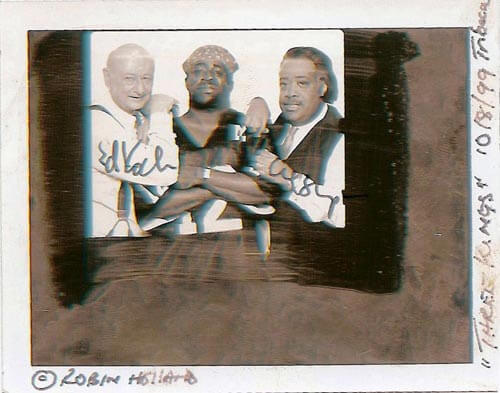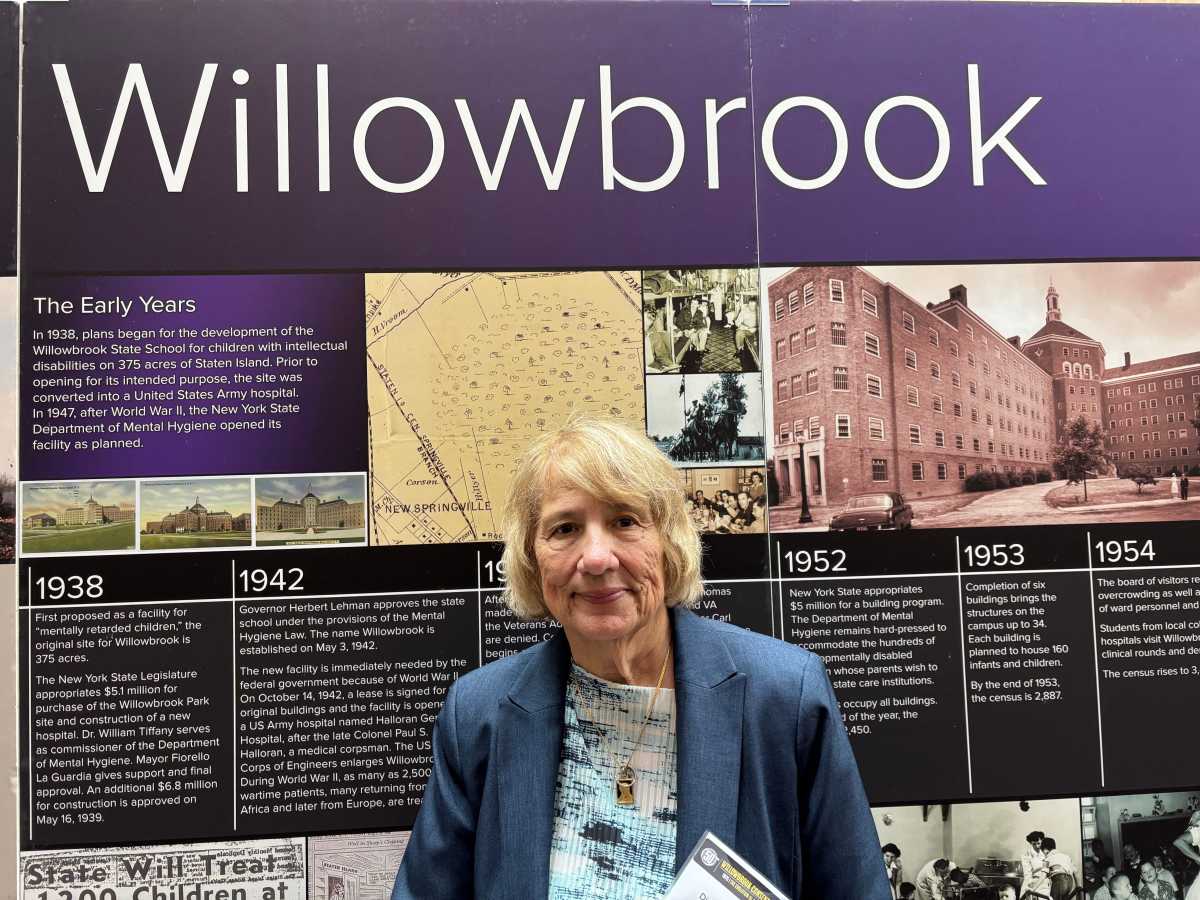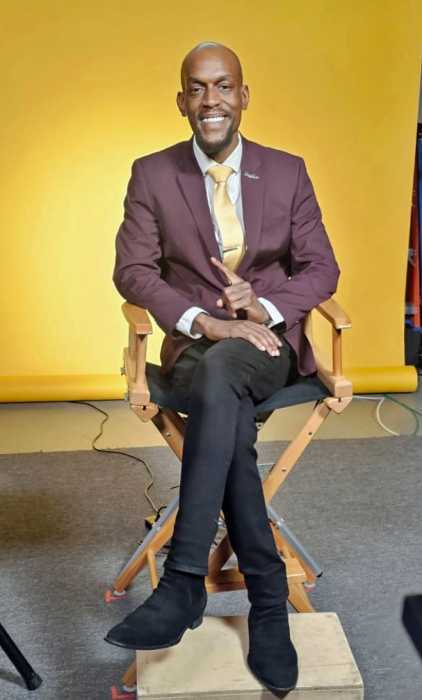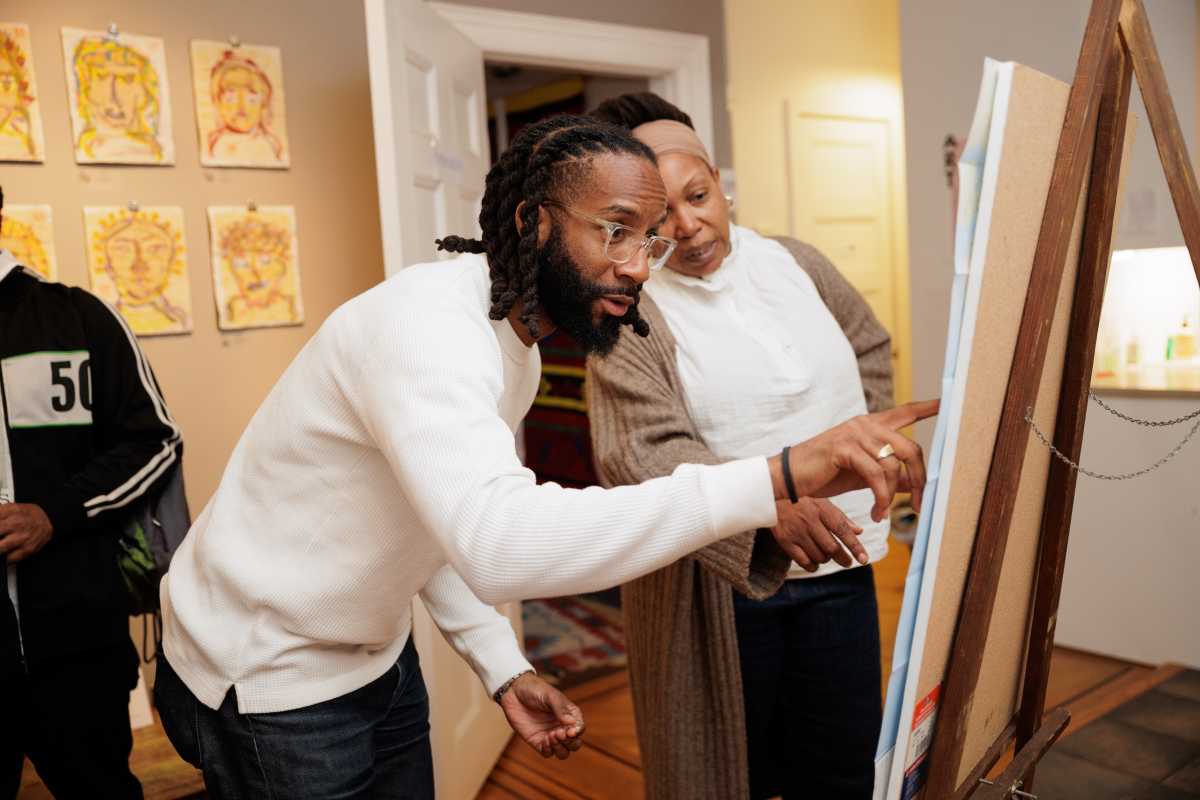February conjures a mixed-bag of offerings.
This year, nationals of Trinidad & Tobago will be jumping and waving to carnival revelry.
In Jamaica it is regarded as Reggae Month.
The first day provides an opportunity to reflect on the birth and life of Denis Brown, the revered Crown Prince of Reggae.
Five days later, Robert Nesta Marley gets accolades and international platitudes for taking reggae music to the pinnacle of success. Born Feb. 6, 1945, the king of the genre is annually celebrated with music, dance, prose, poetry and commentary that probably would have made him blush.
Here, the month is greeted by lovers who embrace, St. Valentine’s Day with bouquets, chocolate and love notes. For extra measure, every four years adds a day for a leap year of activities.
And with the Super-bowl kicking off a month-full of memories, Presidents Day commemorates two commanders-in-chief while Ash Wednesday might temper reverence and a commitment to 40 days of Christian penitence during the Lenten season.
To many, Black History is foremost on the calendar for commemorating the progress, pitfalls and achievements of a people.
However, on the Friday the month dawned this year, New Yorkers paused to reflect on the impact of Edward Irving Koch, the 105th mayor of the city who died at age 88. It was the day a documentary named for him debuted in cinemas.
While the film focused on his three term tenure from 1978 – 1989, not much is mentioned of his relationship with the Caribbean community.
Through all the years of his leadership, Koch walked the route of the West Indian American Day Carnival Association’s Labor Day parade. Despite cat-calls and unwelcomed jeers from dissenters and critics of his policies, Koch walked tall.
T&T’s Carlos Lezamo endured plenty of hostility for annually inviting the feisty politician who at times was regarded as anti-Black. But for every criticism, Lezama would offer twice as many reasons the mayor should join in the pageantry of the Caribbean’s most high-profiled event.
Koch never ever refused the invitation to join the parade, sometimes sharing the day with union leaders who paraded in Manhattan. Annually he waved, smiled and at times even mimicked a dance or calypso.
He played the steel pans with passion and on the steps of City Hall joined tenor pan players to spread the rhythm of the region.
The mayor and I developed a relationship that started when I hosted a music segment on a television show known as “Rockers.”
The show taped at the same 57th St. studios, the mayor taped his weekly program. Our paths collided one afternoon and from then we became friendly adversaries.
I admired the mayor for appointing Benjamin Ward, the first Black police commissioner.
However, I disagreed with many of his decisions.
One in particular was the comment he made regarding the Central Park Jogger case.
Before all the facts were decided, he lambasted the Black youths accusing them of committing “the crime of the century.”
That I covered the trial contributing stories to the New York Amsterdam News where I was an editor and where a recurring editorial aimed directly at the mayor — ran weekly on its front page calling for “Koch must resign” — was never an obstacle.
It was there that I introduced and launched a Caribbean page more than two decades ago.
Throughout the years, I sought comments from the former mayor.
He always responded.
At times, predictably combative.
We disagreed on many topics – President Jimmy Carter, some of President Barack Obama’s policies and the Israeli/Palestinian conflict, however, at times we also shared the same opinions on a myriad of topics.
Mostly, we agreed on his weekly movie reviews.
The last time we exchanged notes, was just after the Sandy Hook tragedy. A few days after the shootings, he wrote a commentary focusing on Israel.
Due to the fact he frequently responds with haste to current events I found it out of context that he did not comment on the mass murders of children.
I asked him why he hadn’t.
“Vinette, what more can I say?”
“Mr. Mayor, you said the Central Park rape was the crime of the 20th century, don’t you think this is the crime of this century?” I asked.
Mayor Koch said he thought I was being anti-Israel and said he wanted us to cease communication.
We had had many heated disagreements but this one was not worth challenging.
I respected his wish but afterwards told him that I would see his film.
The film opened on Feb. 1, the day he died.
I cannot help but wish he had read some of the kudos and criticism. For sure he would have agreed and disagreed with many of them.
No mayor who has been out of office for two decades has ever held the kind of sway Koch commanded. Although he resigned from public office, he was as public to New Yorkers as the seasons.
He remained a voice – even endorsing the first bid for a Black President Obama by campaigning throughout Florida. Although he disagreed with some of his policies, Koch endorsed a second term for the first Black leader to occupy the White House.
This February, in response to his question, “How Am I doing?”
I think he did fine and will continue.

























